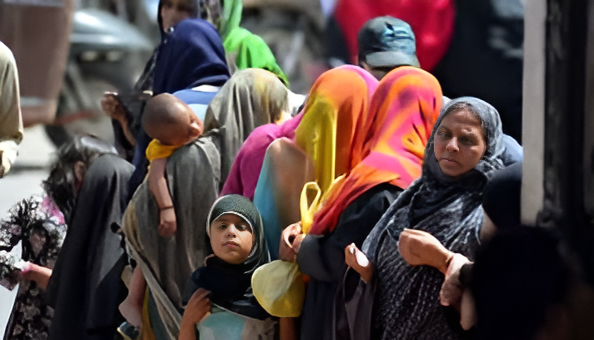A Tradition of Generosity
Pakistanis have once again demonstrated their deep-rooted culture of charity by donating over $2 billion in Zakat in 2024. This staggering amount highlights the country’s commitment to supporting those in need through religious giving.
Study Reveals Large-Scale Contributions
A joint study conducted by the International Centre for Tax and Development (ICTD) and Lahore University of Management Sciences (LUMS) found that nearly 50 million Pakistanis contributed a total of Rs619 billion in Zakat last year. On average, individual donors gave around Rs15,000, reflecting the widespread participation in this act of charity.
Zakat Outpaces Government Welfare Spending
The study also pointed out that the total amount of Zakat donations exceeded the funds allocated under the Benazir Income Support Programme (BISP), which stood at Rs592 billion. Interestingly, these contributions even surpassed the revenue generated from federal excise duty, which amounted to Rs577.4 billion.
Read more about Pakistan’s charitable contributions in this detailed report: Pakistanis Give Over $2 Billion in Zakat Annually.
Direct Donations Preferred Over Institutional Giving
Findings also indicate that more than two-thirds of donors prefer to give Zakat directly to those in need, rather than relying on government-run collection systems. Around 10% of donors distribute funds through mosques and schools, while a smaller portion chooses to donate via non-governmental organizations.
Economic Potential of Zakat
Experts believe that if Zakat is properly collected and utilized, it could significantly contribute to Pakistan’s economy. Estimates suggest that structured management of these funds could generate resources equivalent to 4% of the country’s GDP, offering a powerful tool to combat poverty and enhance social welfare.
